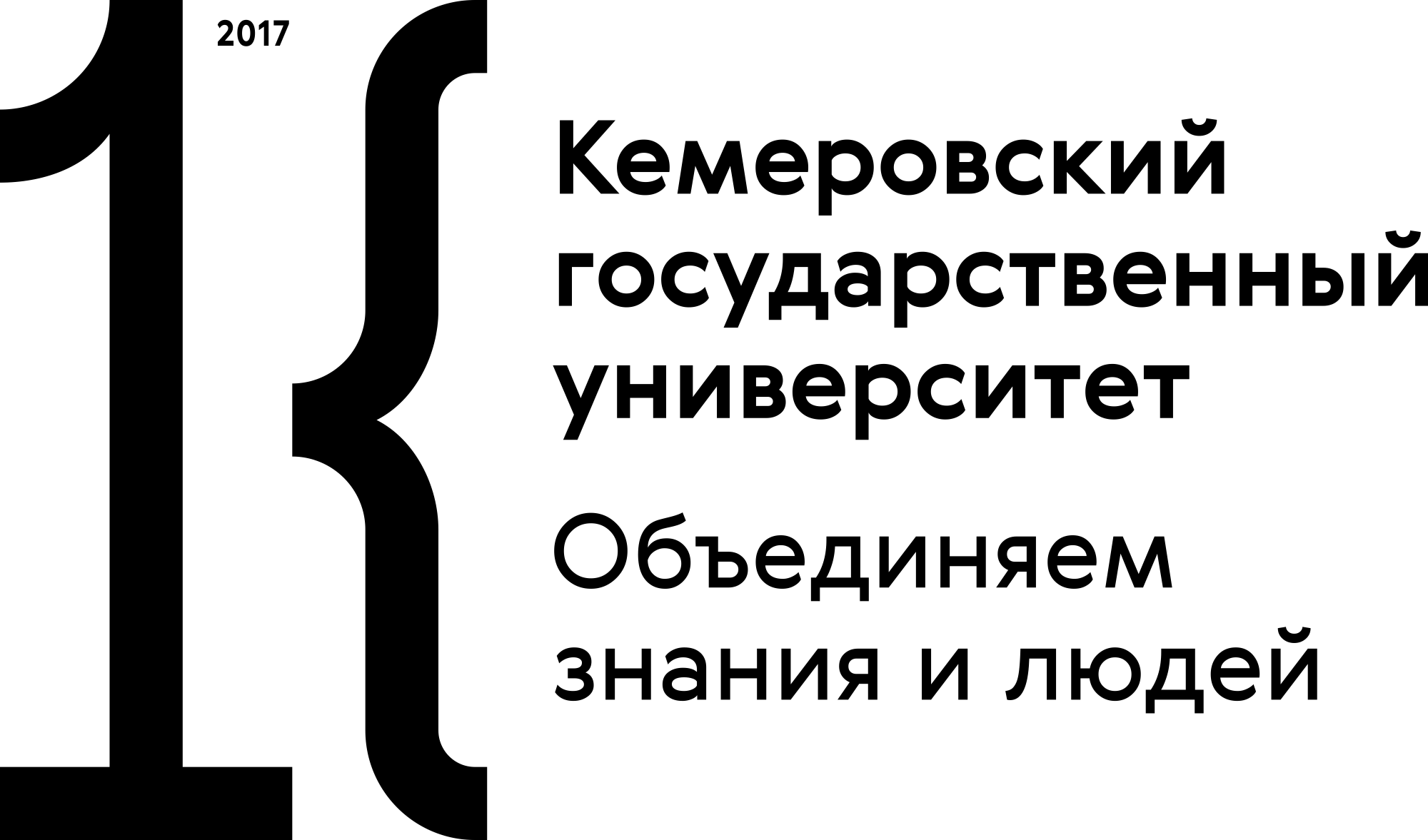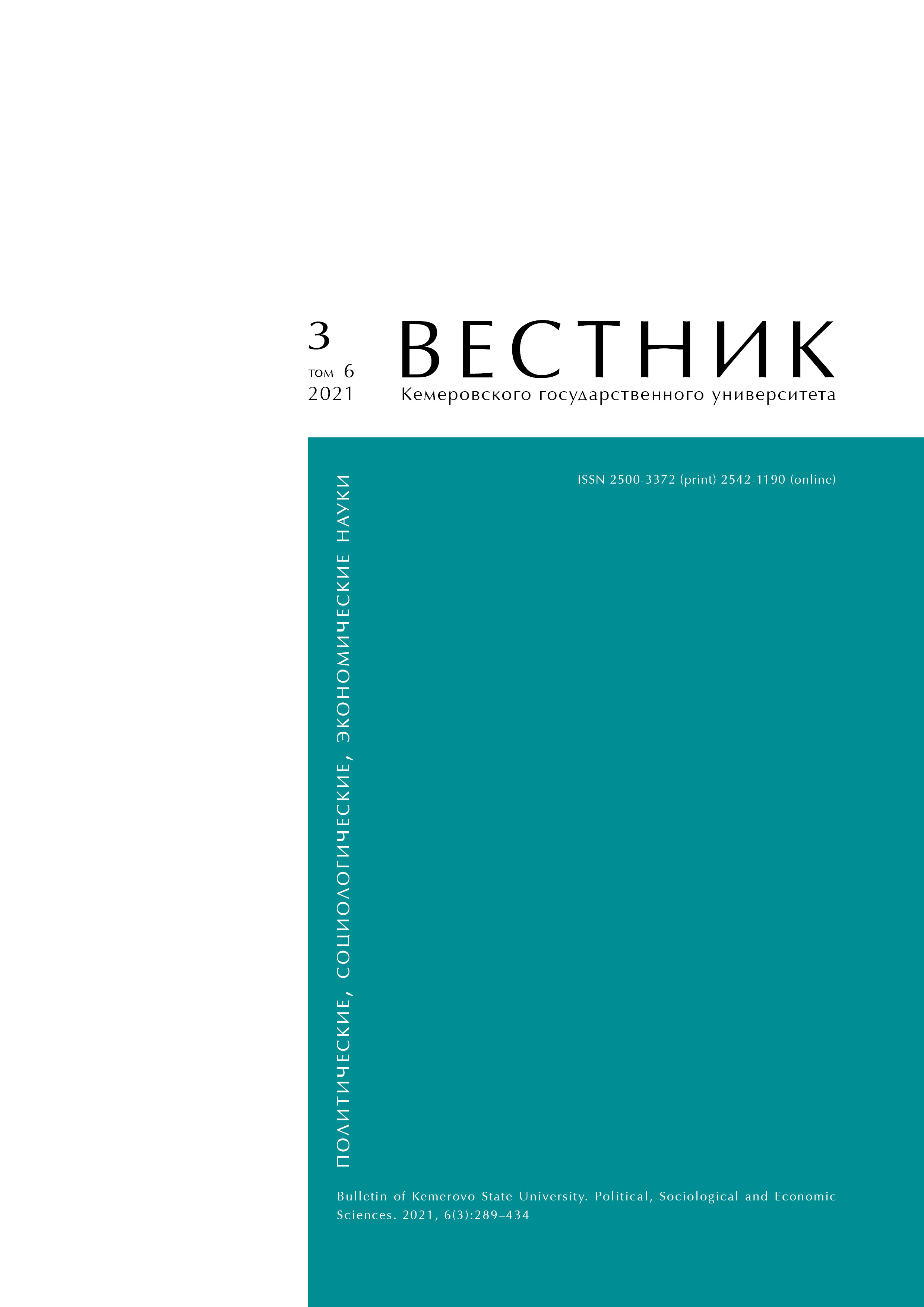from 01.01.2018 until now
St. Petersburg, Russian Federation
UDC 32
Over the past two decades, Russian and foreign researchers have documented the growing influence of social networks on political communication. The Internet has become a new mass media. In Russia, bloggers with more than 3,000 subscribers acquire a mass media status. Internet users are not passive recipients of messages: they distribute them and generate their own content. The Internet is a different kind of reality, where anything is possible. Traditional mass media are less efficient than the Internet in providing news. As a result, the Internet and social networks have become a new means of political interaction. The COVID-19 pandemic boosted the digitalization of mass communications and made this process irreversible. The present article reviews 250 foreign research papers published by Taylor and Francis, Oxford University Press, and SAGE Publications in 2020–2021. The objective was to determine the attractiveness of political communication in social networks as a research topic. 12 % of the articles featured the role of social nets in political communication, Facebook being the most popular research material. A similar amount of papers focused on the behavior of network users and the role of the state in the management of social networks. Foreign terms used to describe the research topic appeared to be different from those used by Russian linguists. For instance, foreign authors use "social media" as a synonym for "sites of social networks", while Russian scientists prefer a much broader interpretation. Some terms and acronyms, such as SNSa, are absent from Russian works. Foreign authors exploit classical political science theories to study the issues of political content, the effect of social networks on protest movements and racial conflicts, and the use of new media in election campaigns. They are unfamiliar with Russian approaches to empirical data analysis, e.g. theory of "weak ties", "close world", two-stage flow of communication, the concept of "third place", etc.
social networking sites, public opinion, Internet, new media, social media
1. Granovetter M. S. The strength of weak ties. American Journal of Psychology, 1973, 78(6): 1360-1380.
2. Oldenburg R. The great good place: cafes, coffee shops, community centers, beauty parlors, general stores, bars, hangouts, and how they get you through the day. N. Y.: Paragon House, 1989, 312.
3. Bentley A. F. The process of government. Chicago: University of Chicago Press, 1908, 501.
4. Malinovsky S. S. Political communication in the Runet as a factor of Russian political process. Cand. Polit. Sci. Diss. Moscow, 2013, 195. (In Russ.)
5. Zubkov V. I., Sushenkov V. A. Main theoretical and methodological approaches to political participation's research. Sotsialno-gumanitarnye znaniia, 2011, (5): 261-272. (In Russ.)
6. Milgram S. The small world problem. Psychology Today, 1967, 1(1): 61-67.
7. Lazarsfeld P. F., Berelson B., Gaudet H. The people's choice. How the voiter makes up his mind in a presidential campaign. N. Y.: Columbia University press, 1944, 384.
8. Breakenridge D. K. 2.0: new media, new tools, new audiences. Moscow: Eksmo, 2010, 272. (In Russ.)
9. Karyakina K. A. Current forms and typology models for new media. Vestn. Mosk. un-ta. Ser. 10: Zhurnalistika, 2010, (10): 128-137. (In Russ.)
10. Irkhin Y. V. Communicative, political and managerial capacity of the blogosphere. Problemnyi analiz i gosudarstvenno-upravlencheskoe proektirovanie, 2015, 8(5): 6-17. (In Russ.)
11. Miletskiy V. P., Nikiforova O. A. Evolution of political simulacra in digital society (on the example of "fake news" and "post-truth"). Discourse, 2020, 6(3): 64-77. (In Russ.) https://doi.org/10.32603/2412-8562-2020-6-3-64-77
12. Kuraeva S. V. About the methodology of social networks research. Nauchnye trudy Moskovskogo gumanitarnogo universiteta, 2017, (5): 38-46. (In Russ.) https://doi.org/10.17805/trudy.2017.5.5
13. Ohme J. Algorithmic social media use and its relationship to attitude reinforcement and issue-specific political participation - The case of the 2015 European immigration movements. Journal of Information Technology & Politics, 2021, 18(1): 36-54. https://doi.org/10.1080/19331681.2020.1805085
14. Wang L. Race, social media news use, and political participation. Journal of Information Technology & Politics, 2021. https://doi.org/10.1080/19331681.2021.1923497
15. Lane D. S., Do K., Molina-Rogers N. Testing inequality and identity accounts of racial gaps in political expression on social media. Political Communication, 2021. https://doi.org/10.1080/10584609.2021.1919808
16. Yarhi M., Baden C., Kligler-Vilenchik N. Political polarization on the digital sphere: a cross-platform, over-time analysis of interactional, positional, and affective polarization on social media. Political Communication, 2021, 38(1): 98-139. https://doi.org/10.1080/10584609.2020.1785067
17. Orfan S. N. Political participation of Afghan youths on Facebook: a case study of Northeastern Afghanistan. Cogent Social Sciences, 2021, 7(1). https://doi.org/10.1080/23311886.2020.1857916
18. Finlayson A. YouTube and political ideologies: technology, populism and rhetorical form. Political Studies, 2020. https://doi.org/10.1177/0032321720934630
19. Ketelaars P., Sevenans J. It's a matter of timing. How the timing of politicians' information subsidies affects what becomes news. Political Communications, 2021, 38(4): 260-280. https://doi.org/10.1080/10584609.2020.1763528
20. Mukerjee S., Yang T. Choosing to avoid? A conjoint experimental study to understand selective exposure and avoidance on social media. Political Communication, 2021, 38(1): 222-240. https://doi.org/10.1080/10584609.2020.1763531
21. Rhodes S. C. Filter bubbles, echo chambers, and fake news: how social media conditions individuals to be less critical of political misinformation. Political Communication, 2021. https://doi.org/10.1080/10584609.2021.1910887
22. Shmargad Y., Klar S. Sorting the news: how ranking by popularity polarizes our politics. Political Communication, 2020, 37(3): 423-446. https://doi.org/10.1080/10584609.2020.1713267
23. Nisbet E. C., Kamenchuk O. Russian news media, digital media, informational learned helplessness, and belief in COVID-19 misinformation. International Journal of Public Opinion Research, 2021. https://doi.org/10.1093/ijpor/edab011
24. Park S., Zuniga H. Learning about politics from mass media and social media: moderating roles of press freedom and public service broadcasting in 11 countries. International Journal of Public Opinion Research, 2020, 33(3). https://doi.org/10.1093/ijpor/edaa021
25. Franz M. M., Franklin Fowler E., Ridout T., Wang M. Y. The issue focus of online and television advertising in the 2016 presidential campaign. American Politics research, 2020, 48(1): 175-196. https://doi.org/10.1177/1532673X19875722
26. Maia R. C. M., Hauber G., Choucair T., Crepalde N. J. B. What kind of disagreement favors reason-giving? Analyzing online political discussions across the broader public sphere. Political Studies, 2021, 69(1): 108-128. https://doi.org/10.1177/0032321719894708
27. Khan M. K., Pratt C. B. Strategic communications: the Pakistan military' use of social media against terrorism. Media, War & Conflict, 2020. https://doi.org/10.1177/1750635220972127
28. Gabel S., Reichert L., Reuter C. Discussing conflict in social media: the use of Twitter in the Jammu and Kashmir conflict. Media, War & Conflict, 2020. https://doi.org/10.1177/1750635220970997
29. Gilardi F., Gessler T., Kubli M., Müller S. Social media and political agenda setting. Political Communication, 2021. https://doi.org/10.1080/10584609.2021.1910390
30. Baysha O. Dividing social networks: Facebook unfriending, unfollowing, and blocking in turbulent political times. Russian Journal of communication, 2020, 12(2): 104-120. https://doi.org/10.1080/19409419.2020.1773911
31. Sevin E. New data sources and presidential campaigns. American Behavioral Scientist, 2021. https://doi.org/10.1177/00027642211021634
32. Lau R. R., Rogers K., Love J. Media effects in the viewer's choice era: testing revised agenda-setting and priming hypotheses. Political Communication, 2021, 38(3): 199-221. https://doi.org/10.1080/10584609.2020.1763526
33. Hedling E., Bremberg N. Practice approaches to the digital transformations of diplomacy: toward a new research agenda. International Studies Review, 2021. https://doi.org/10.1093/isr/viab027/6309155
34. Eggeling K. A., Adler-Nissan R. The synthetic situation in diplomacy: scopic media and the digital mediation of estrangement. Global Studies Quarterly, 2021, 1(2). https://doi.org/10.1093/isagsq/ksab005
35. Hedling E. Transforming practices of diplomacy: the European External Action Service and digital disinformation. International Affairs, 2021, 97(3): 841-859. https://doi.org/10.1093/ia/iiab035
36. Barrinha A., Renard T. Power and diplomacy in the post-liberal cyberspace. International Affairs, 2020, 96(3): 749-766. https://doi.org/10.1093/ia/iiz274
37. Lu Y., Pan J. Capturing clicks: how the Chinese government uses clickbait to compete for visibility. Political Communication, 2021, 38(1). https://doi.org/10.1080/10584609.2020.1765914
38. Choi C., Jee S. H. Differential effects of information and communication technology on (de-) democratization of authoritarian regimes. International Studies Quarterly, 2021. https://doi.org/10.1093/isq/sqab053
39. Jackson S. T., Grilley R., Manor I., Baker C., Oshikoya M., Joachim J., Robinson N., Schneiker A., Grove N. S., Enloe C. Forum: Militarization 2.0: communication and the normalization of political violence in the digital age. International Studies Review, 2021, 33(3): 1046-1071. https://doi.org/10.1093/isr/viaa035
40. Kligler-Vilenchik N., de Vries Kedem M., Maier D., Stoltenberg D. Mobilization vs. demobilization discourses on social media. Political Communication, 2020. https://doi.org/10.1080/10584609.2020.1820648
41. Heiss R. The affective foundation of political opinion expression on social media: a panel analysis. International Journal of public opinion research, 2021, 33(1): 57-75. https://doi.org/10.1093/ijpor/edaa009
42. Lysak I. V. Concept of political networks in the system of social knowledge. Azimuth of Scientific Research: Economics and Administration, 2018, 7(4): 379-382. (In Russ.)

















